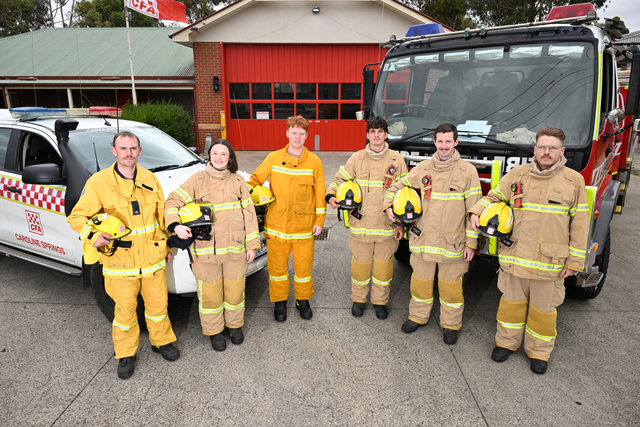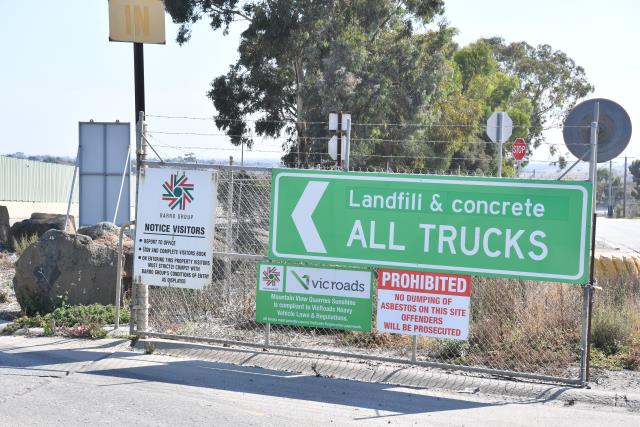A local resident has described Brimbank council’s use of a glyphosate-based weed killer as ‘deeply concerning’, with rising concerns that the substance is linked to cancer.
In early 2020, council stopped using glyphosate herbicides in response to community concerns about possible links to some forms of cancer.
However in 2022, council re-introduced the use of glyphosate herbicides and adopted what it considered as a ‘sensible approach’ to balance the benefits of the substance along with any concerns relating to workplace and public health and safety.
In March 2015, the World Health Organisation’s International Agency for Research on Cancer classified glyphosate as ‘probably carcinogenic to humans’.
Founder of the Brimbank Sustainability and Climate group Shannon Meilak said the associated health risks remain a cause for concern within the community.
“I find it deeply concerning that a substance that was previously phased out due to associated health risks, has been reintroduced to our community by council,” she said.
“Whilst barriers may be installed to prevent people entering the impacted areas, it does not stop the dangerous chemical from becoming airborne and inhaled deep into our lungs. Equally troubling is that a barrier would be insufficient in protecting our wildlife and companion animals from ingesting the toxic substance, or unwittingly spreading the substance outside of the contained area.”
Council said it had trialled the use of alternative products but they were deemed to be ineffective and did not meet council’s requirements for a safe and effective weed control program.
“Council’s decision to re-introduce glyphosate-based products as part of its weed control program was informed by the relevant standards and guidelines as set out by the Australian Pesticides and Veterinary Medicines Authority (APVMA) and WorkSafe, who are the regulatory authorities in this space,” council said.
Debates surrounding the use of the substance are heating up while a class action lawsuit takes place in the Federal Court, where more than 800 non-Hodgkin lymphoma patients are alleging a popular herbicide containing glyphosate is linked to their disease.
Council said it has introduced a range of measures to ensure the substance is applied safely, including using herbicides in a selective and targeted manner, displaying appropriate signage, barriers, and exclusion zones from the public whilst spraying, avoiding the use of herbicides near childcare facilities, playgrounds, kindergartens and community facilities, and the introduction of a ‘No Spray’ register for residents who wish to nominate their property abutting a council road or laneway, as one they wish to commit to manage the weeds without the use of glyphosate-based weed killer.
“By following guidance from the relevant regulatory authorities and implementing council’s safe working procedures, the spraying of chemical herbicides remains an efficient and effective component of the council’s weed control program,” said council.

















